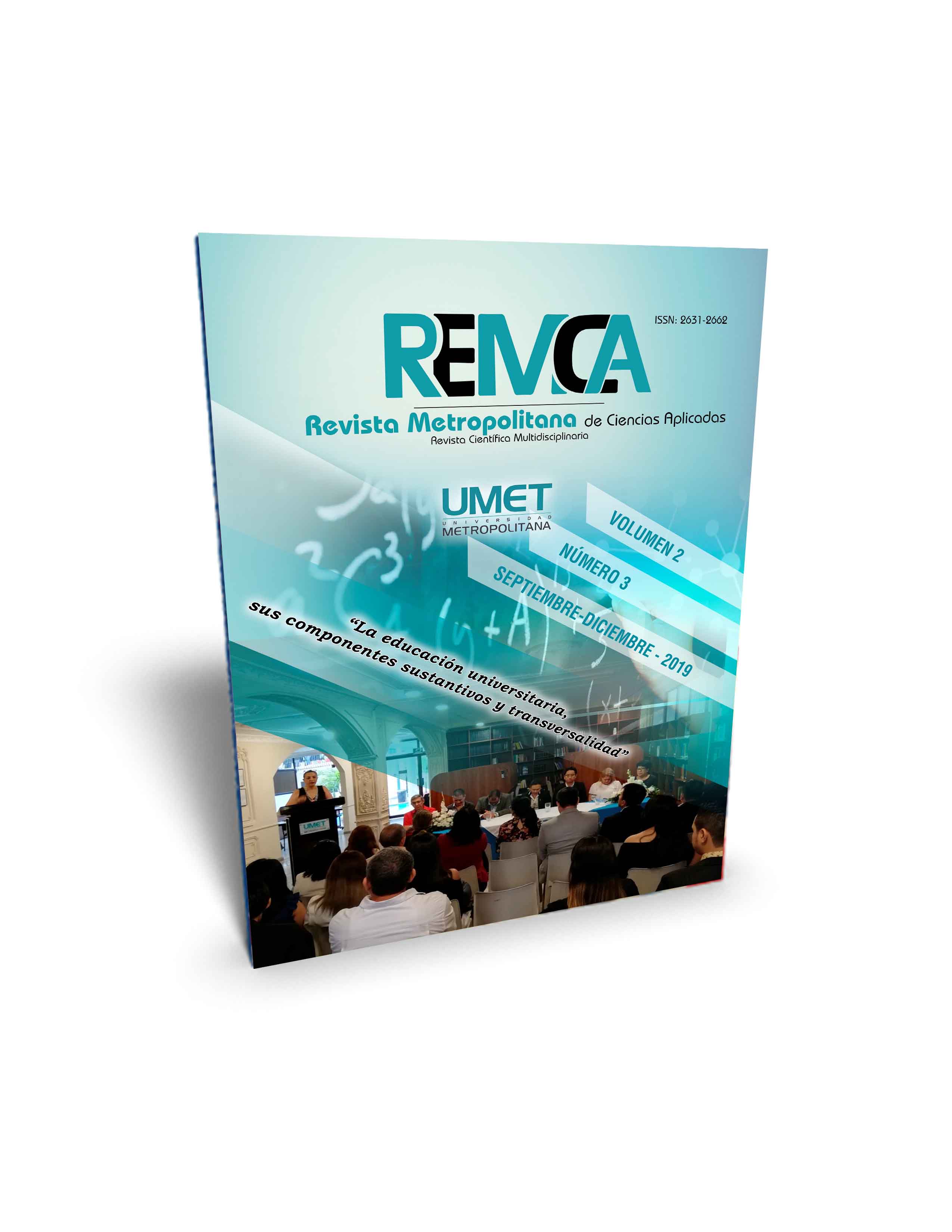Sufficient salary as a fundamental human right in Venezuela
DOI:
https://doi.org/10.62452/dc88t965Keywords:
Sufficiency, salary, fundamental human right, basic basketAbstract
The purpose of this investigation was to carry out an analysis on the adequacy of the salary in accordance with the provisions of the Constitution of the Bolivarian Republic of Venezuela and the Organic Law of Labor, Workers and Workers. In addition to the legal instruments indicated, the legal basis was: Convention No. 26 on the Methods for the Establishment of Minimum Wages of the International Labor Organization, Recommendation No. 135 on the Establishment of Minimum Wages of the International Labor Organization, among others. The study was legal, documentary, analytical and descriptive. It is concluded that the right to a sufficient salary is regulated both in the National Constitution and in various international legal instruments in the field of human rights, which constitutes it as a fundamental human right. On the other hand, it was concluded that the basic basket constitutes an element of unpredictable observance when raising the minimum wage. Likewise, it is concluded that for the purposes of setting the minimum wage, workers 'and employers' organizations are not called, in breach of the provisions of Convention No. 26 of the International Labor Organization.
Downloads
References
Alfonzo-Guzmán, R. (2011). Nueva Didáctica del Derecho del Trabajo. Décimo Quinta Edición, Caracas Melvin.
Belser, P. (2013). Un salario justo: un derecho humano. Recuperado de http://www.ilo.org/global/about-the-ilo/newsroom/features/WCMS_231998/lang--es/index.htm
De La Cueva, M. (1975). El nuevo Derecho mexicano del trabajo. México: Porrúa.
García Fernández, M. (1990). Manual de derecho del trabajo. Barcelona: Ariel.
López, J. (1988). El Salario. Buenos Aires: Jurídicas.
Lucena, H. (2018). Legado de la Revolución Bolivariana al mundo del trabajo y su futuro. Revista Trabajo, 10(15), 125-68.
Nava, H. (2008). La Investigación Jurídica. Elaboración y Presentación Formal del Proyecto. Tercera Edición. Maracaibo: Luz.
Organización Internacional del Trabajo. (1928). Convenio N° 26 sobre los Métodos para la Fijación de Salarios Mínimos. Recuperado de http://www.ilo.org/dyn/normlex/es/f?p=NORMLEXPUB:12100:0::NO::P12100_ILO_CODE:C026
Organización Internacional del Trabajo. (1970). Convenio N° 131 sobre la Fijación de Salarios Mínimos. Recuperado de: http://www.ilo.org/dyn/normlex/es/f?p=NORMLEXPUB:12100:0:NO::P12100_INSTRUMENT_ID:312276
Pérez, E. (1944). Salarios. Régimen legal, tarifas mínimas. Madrid: Civitas
Pla Rodríguez, A. (1990). Los Principios de Derecho del Trabajo. Segunda Edición. Buenos Aires: Depalma.
Real Academia Española. (2014). Diccionario de la lengua española. Edición del Tricentenario. Suficiencia. Madrid: RAE.
Sanguineti, W., & Carballo, C. (2014). Derechos fundamentales del trabajador y libertad de empresa. Caracas Publicaciones UCAB.
Venezuela. Asamblea Nacional Constituyente. (1999). Constitución de la República Bolivariana de Venezuela. Gaceta Oficial Extraordinaria N° 5.453. Caracas: Asamblea Nacional Constituyente.
Venezuela. Presidencia de la República. (2006). Reglamento de la Ley Orgánica del Trabajo. Decreto No. 4.447. Gaceta Oficial Extraordinaria N° 38.426 de fecha 28 de abril de 2006. Caracas: Presidencia de la República.
Venezuela. Presidencia de la República. (2012). Ley Orgánica del Trabajo, los Trabajadores y las Trabajadoras. Decreto No. 8.938, Gaceta Oficial Extraordinaria N° 6.076 de fecha 7 de mayo de 2012. Caracas: Presidencia de la República.
Vida, J., Monereo, J., & Molina, C. (2008). Manual de Derecho del Trabajo. Derecho individual del trabajo en el Perú. Lima: Palestra.
Villasmil, H. (2006). Estudios de Derecho del Trabajo. Caracas: Publicaciones UCAB.
Downloads
Published
Issue
Section
License
Copyright (c) 2019 Carlos Eduardo Durán Chávez (Autor/a)

This work is licensed under a Creative Commons Attribution-NonCommercial-ShareAlike 4.0 International License.
Authors who publish in Revista Metropolitana de Ciencias Aplicadas (REMCA), agree to the following terms:
1. Copyright
Authors retain unrestricted copyright to their work. Authors grant the journal the right of first publication. To this end, they assign the journal non-exclusive exploitation rights (reproduction, distribution, public communication, and transformation). Authors may enter into additional agreements for the non-exclusive distribution of the version of the work published in the journal, provided that acknowledgment of its initial publication in this journal is given.
© The authors.
2. License
The articles are published in the journal under the Creative Commons Attribution-NonCommercial-ShareAlike 4.0 International License (CC BY-NC-SA 4.0). The terms can be found at: https://creativecommons.org/licenses/by-nc-sa/4.0/deed.en
This license allows:
- Sharing: Copying and redistributing the material in any medium or format.
- Adapting: Remixing, transforming, and building upon the material.
Under the following terms:
- Attribution: You must give appropriate credit, provide a link to the license, and indicate if any changes were made. You may do this in any reasonable manner, but not in any way that suggests the licensor endorses or sponsors your use.
- NonCommercial: You may not use the material for commercial purposes.
- ShareAlike: If you remix, transform, or build upon the material, you must distribute your creation under the same license as the original work.
There are no additional restrictions. You may not apply legal terms or technological measures that legally restrict others from doing anything the license permits.




